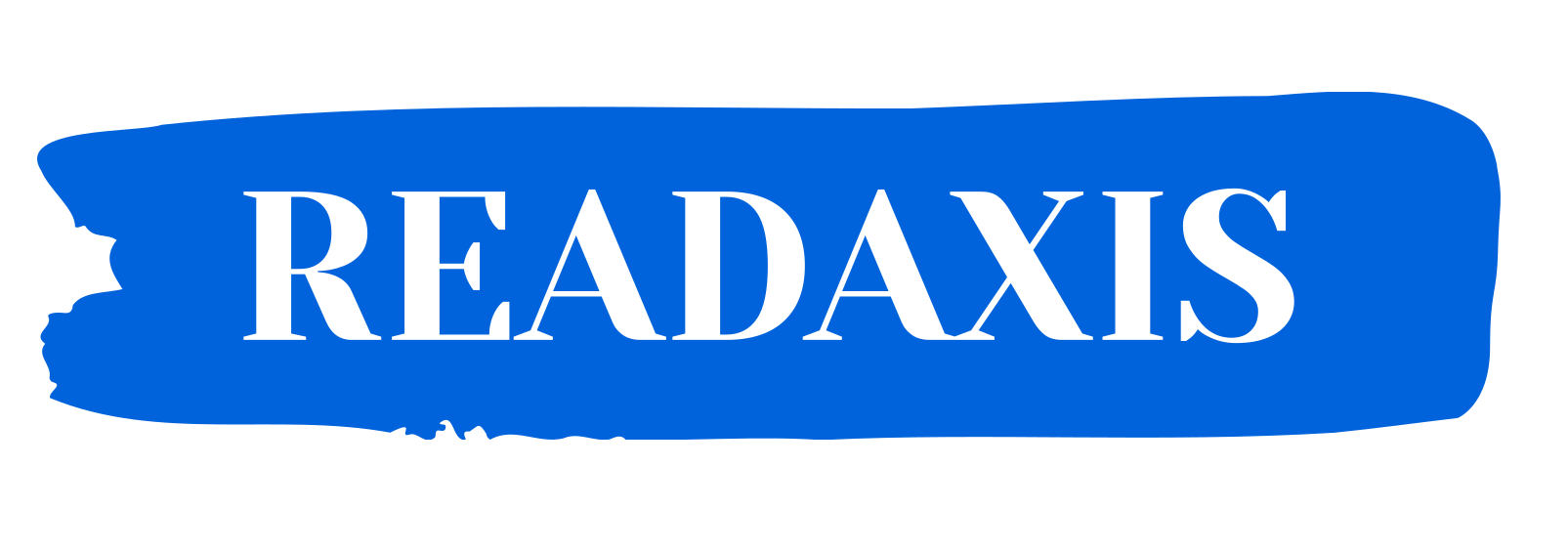Infinitives vs Gerunds
| Feature | Gerund | Infinitive |
| Form | Ending in -ing (e.g., walking, reading) | Base form of the verb preceded by “to” (e.g., to walk, to read) |
| Function | Acts as a noun in a sentence | Acts as a noun, adjective, or adverb in a sentence |
| Subject of a Sentence | Reading is my favorite hobby. | To dance requires practice. |
| Object of a Verb | She enjoys swimming. | I want to learn new skills. |
| Object of a Preposition | He is interested in learning about astronomy. | She is afraid of spiders. |
| After Certain Verbs | Enjoy, avoid, consider, postpone, finish, risk | Plan, decide, hope, want, learn, promise, agree |
| Verb + Gerund/Infinitive | He started considering the risk. | She decided to run a new charity. |
| Meaning Change with Verbs | Like: I like swimming. (Enjoy the activity.) | Like: I would like to swim. (Expressing a desire.) |
INFINITIVES
Infinitives are just the base form of the verb along with “to.” They are used to show to purpose or the intention of an action. Like To talk, to run, to speak, to teach etc.
“To” may not always be a part of the infinitive for example with imperative sentences and modal verbs. They can be used as nouns, adjectives, or adverbs within a sentence. Here are some examples:
GERUNDS
Gerunds are the form of the verb with “-ing” (continuous form of the verb) that do not function as verbs in a sentence, rather they act as nouns. (गेरुंड “-इंग” वाली क्रिया के रूप हैं जो वाक्य में क्रिया के रूप में कार्य नहीं करते हैं, बल्कि वे संज्ञा के रूप में कार्य करते हैं।)
For example swim is a verb but swimming can be used as both a verb and a noun (gerund.)
Swimming as a verb” He has been swimming since the evening. (वह शाम से तैर रहा है। )
Swimming as a noun: Michael Phelps has several medals in swimming. (माइकल फेल्प्स के नाम तैराकी में कई पदक हैं।)
- Subject: Cooking is his method of relaxation
- Object of a verb: She practices dancing daily.
- Object of a preposition: He trains by jogging on the tracks.
- Complement: He spends time roaming.
